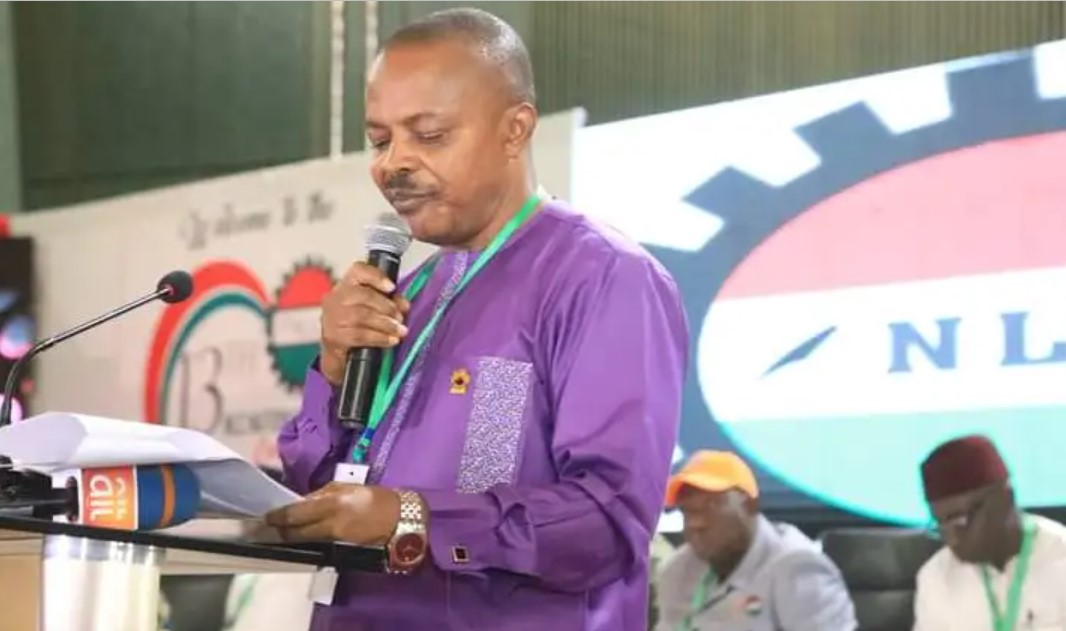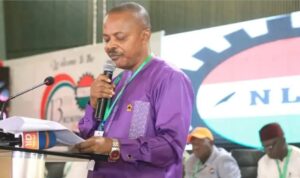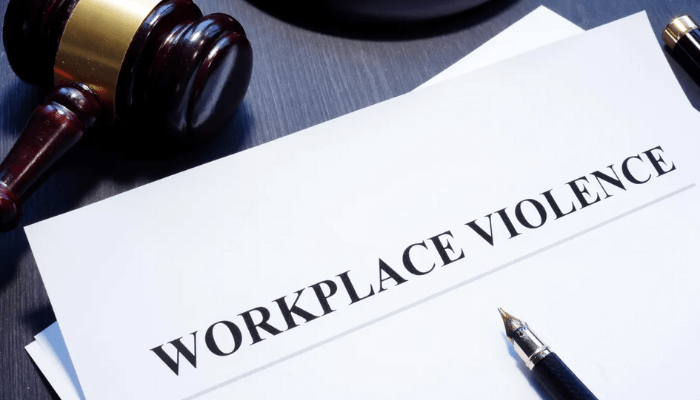
NLC, ILO train advisors on gender mainstreaming to protect migrant workers
- Gender
- No Comment
- 141

The Nigeria Labour Congress (NLC) in collaboration with International Labour Organisation (ILO), has trained trade union workers, on gender mainstreaming, to protect migrant workers in Nigeria.
NEWSVERGE reports that the exercise is a three-day sensitisation workshop, for migrant recruitment advisors.
Declaring the training open on Tuesday in Kano, the NLC General Secretary, Mr Emmanuel Ugboaja, said the exercise was meant to improve activities of trade unions and affiliate members in labour migration processes.
Ubgoaja, represented by NLC Head of Youth and Women, Mrs Rita Goyit, said the objectives of the training was to give wider publicity and promote fair recruitment and decent work for migrant workers.
The general secretary, reiterated NLC’s commitment to promoting better migration governance, through effective protection of migrant workers and gender mainstreaming, towards promoting better migration.
“We are ever ready and shall continue to support all initiatives, actions and collaborations with all actors, especially critical stakeholders in the world of workers.
“We will support them in their various pragmatic initiatives deployed to assist migrant workers and members of their families.
“There is no better way to do this than to actively carry out activities, to position NLC affiliates, to promote decent work for migrant workers and gender mainstreaming,” he observed.
Ugboaja commended the ILO for their ccommitment, support and determination to organise the training.
“We reassure you of our commitment, readiness and availability in the struggle for the defense of the collective interest of workers,” he assured.
The ILO Senior Specialist Workers’ Activities Programme, Mrs Inviolata Chinyangarara, said the programme, funded by FAIRWAY project aimed at understanding the key concept of gender mainstreaming in labour migration governance.
“Majority of women migrate because of discrimination, gender based violence and lack of access to livelihood,” she stated.
She identified other issues that influenced women migration to include; working as housemaids, entertainers, rape and sexual harasment among others.



